10 Surprising Foods to Avoid Blood Sugar Swings
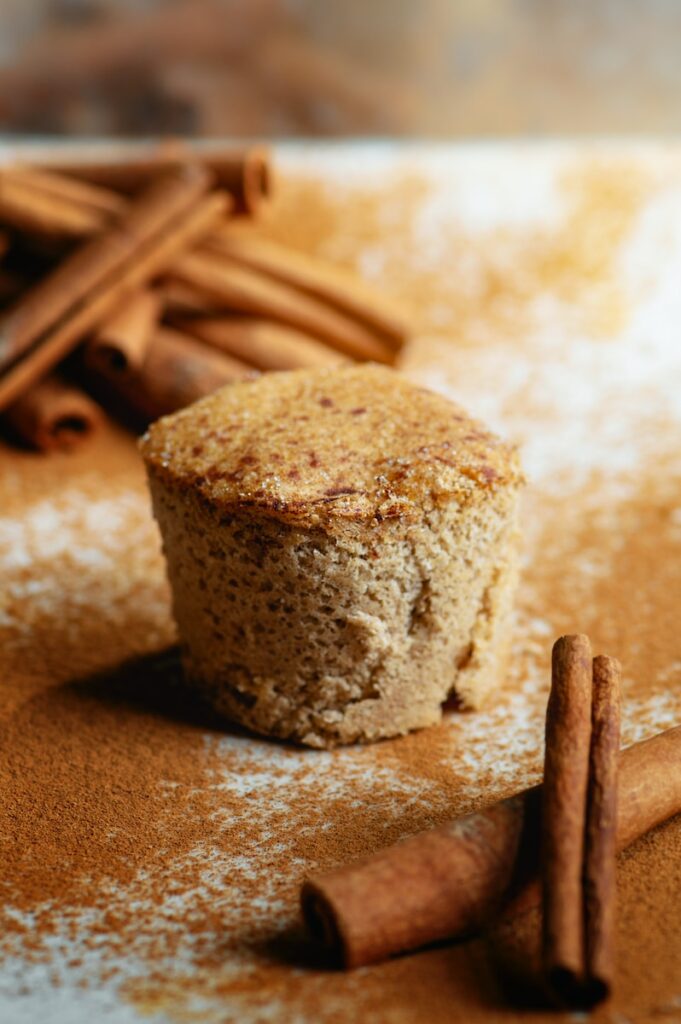
Managing blood sugar levels and the foods to avoid blood sugar swings has become a hot topic for both diabetics and non-diabetics alike. Awareness of the critical role nutrition plays in our overall health and rapidly evolving food trends, sometimes could be very confusing. While it’s common knowledge that sugary snacks and drinks can wreak havoc on our blood sugar balance, there’s a whole array of lesser-known culprits that can stealthily contribute to those dreaded blood sugar swings.
This article looks into scientific research and the latest news in the food industry related to blood sugar swings, providing insights into how these developments might help you control your blood sugar levels more effectively. We’ll unveil 10 surprising foods that are easy to avoid in order to maintain steady blood sugar levels and safeguard your well-being. Embark on this eye-opening journey with us to discover the hidden adversaries lurking in your pantry and learn how to make smarter food choices for better blood sugar control.

Managing your blood sugar level
As the global population becomes increasingly aware of the importance of managing blood sugar levels, researchers and the food industry are constantly exploring new ways to help people maintain healthy blood sugar levels.
Cinnamon and Blood Sugar Control
Recent studies have shown that cinnamon, a common spice, may help regulate blood sugar levels. A meta-analysis published in the Journal of Medicinal Food found that cinnamon supplementation significantly reduced fasting blood sugar levels. Including cinnamon in your diet may be a natural way to help manage blood sugar levels, but more research is needed to determine the optimal dosage and duration of supplementation.
Cinnamon, a fragrant and versatile spice derived from the bark of trees in the Cinnamomum family, has been used for centuries in various culinary dishes and traditional medicines. In recent years, this common spice has gained attention for its potential to help regulate blood sugar levels.
Here’s a delicious and easy-to-make cinnamon-infused recipe that you can try at home:
Cinnamon Quinoa Breakfast Bowl
Ingredients:
- 1 cup quinoa, rinsed
- 2 cups water or almond milk
- 1/2 teaspoon ground cinnamon
- 1/4 teaspoon salt
- 1 tablespoon honey or maple syrup (optional)
- 1/2 cup fresh berries (e.g., blueberries, raspberries, or strawberries)
- 1/4 cup chopped nuts (e.g., almonds, walnuts, or pecans)
- 1/4 cup unsweetened shredded coconut (optional)
Instructions:
- In a medium saucepan, combine the quinoa, water or almond milk, cinnamon, and salt. Bring the mixture to a boil over medium-high heat.
- Once the mixture is boiling, reduce the heat to low, cover the saucepan, and let it simmer for about 15 minutes or until the quinoa has absorbed most of the liquid and is tender. Stir occasionally to prevent the quinoa from sticking to the bottom of the pan.
- Remove the saucepan from heat and let it stand, covered, for 5 minutes. Fluff the quinoa with a fork and stir in the honey or maple syrup if desired.
- Divide the cooked quinoa into bowls and top with fresh berries, chopped nuts, and shredded coconut.
- Serve the cinnamon quinoa breakfast bowl warm or cold, and enjoy the delightful flavours while reaping the potential blood sugar-regulating benefits of cinnamon.
This cinnamon quinoa breakfast bowl is just one example of how you can incorporate cinnamon into your diet. Feel free to get creative and experiment with cinnamon in other dishes, such as oatmeal, smoothies, or even savory meals like stews and curries. By including this flavourful spice in your meals, you can add a touch of warmth and sweetness while potentially supporting better blood sugar control.
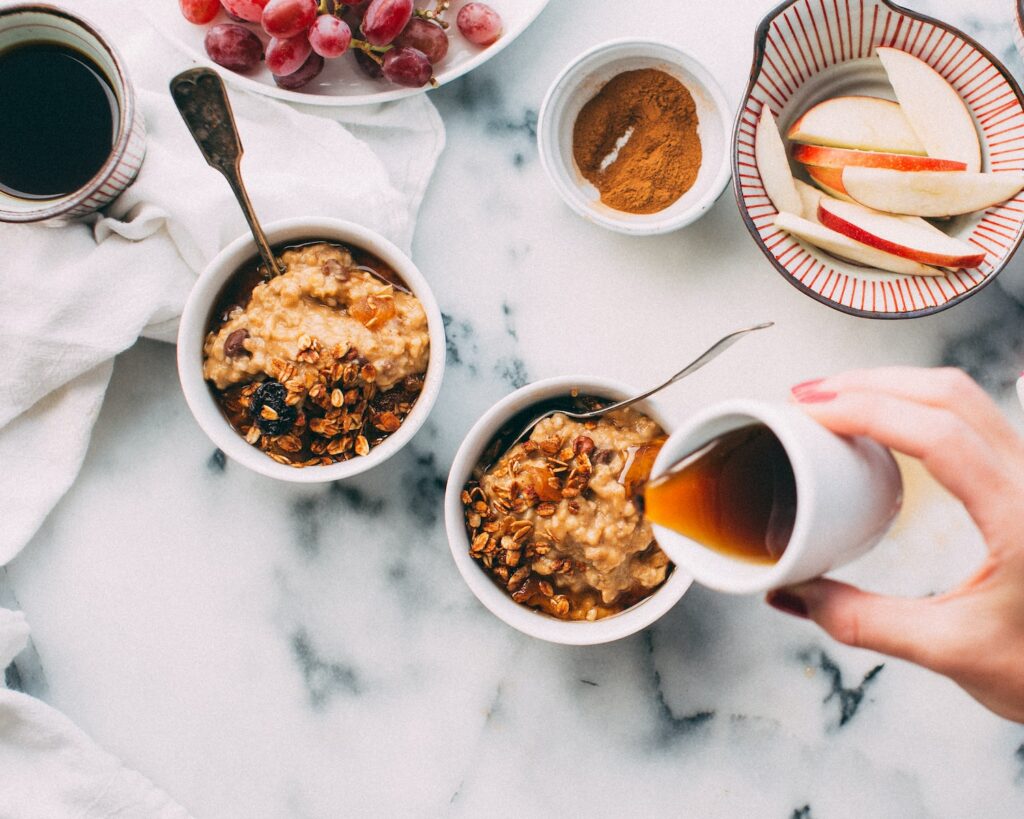
Resistant Starch
Research has shown that resistant starch, a type of carbohydrate found in certain foods like underripe bananas, legumes, and whole grains, can help slow down the digestion process and reduce blood sugar spikes. This is because resistant starch is not easily broken down by enzymes in the small intestine, leading to a slower release of glucose into the bloodstream.
Artificial Sweeteners
There has been ongoing debate about the impact of artificial sweeteners on blood sugar levels. Some studies suggest that artificial sweeteners, like aspartame and sucralose, may have minimal effects on blood sugar levels, while others indicate that they may cause blood sugar swings in some individuals. More research is needed to understand the exact relationship between artificial sweeteners and blood sugar levels, but it is essential for consumers to be cautious and monitor their own reactions to these products.
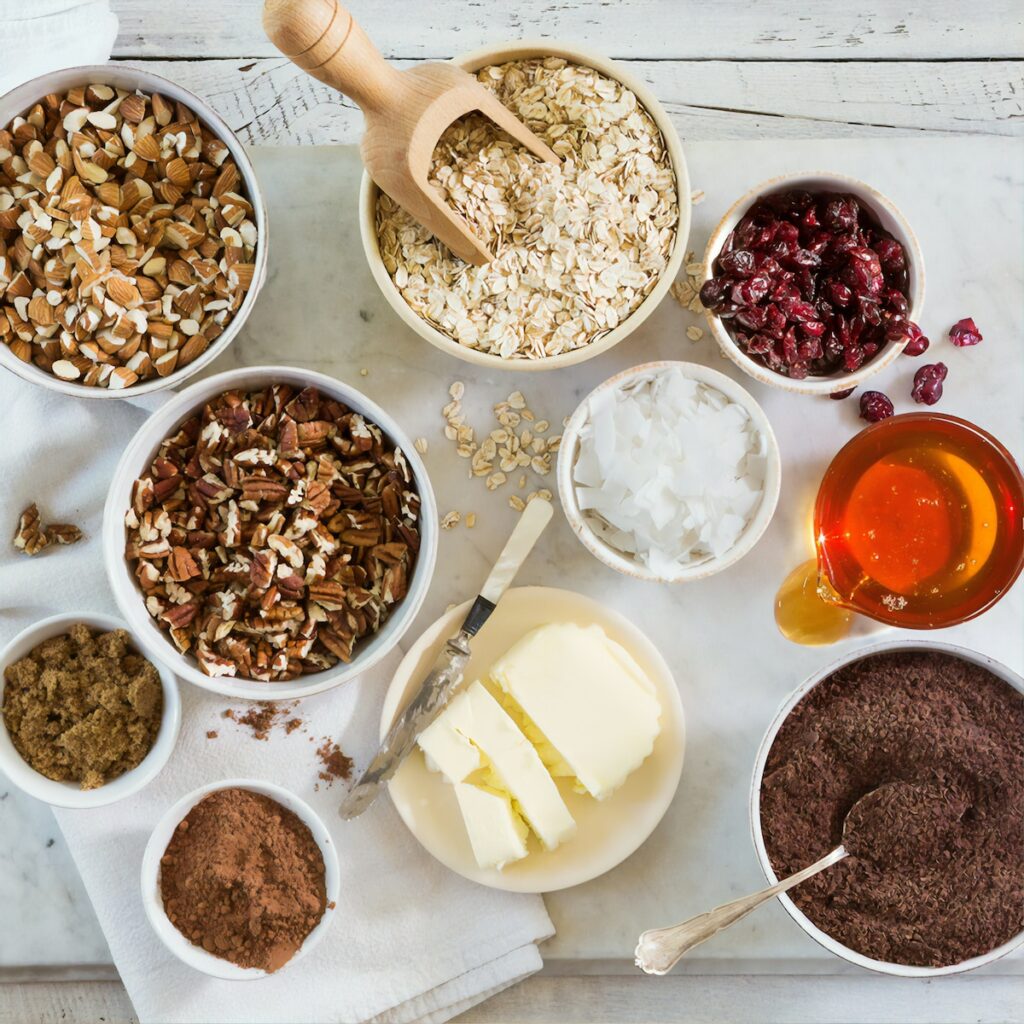
Personalized Nutrition
One of the latest trends in the food industry is personalized nutrition, which tailors dietary recommendations based on an individual’s genetics, lifestyle, and health goals. Some companies are developing services that specifically focus on blood sugar management, using data from continuous glucose monitors to provide personalized food recommendations. This approach could help individuals make more informed choices about their diet and prevent blood sugar swings.

Plant-based Diets and Blood Sugar Control
A growing body of research suggests that plant-based diets, rich in whole grains, fruits, vegetables, legumes, and nuts, can help maintain stable blood sugar levels. A study published in the journal Nutrients found that a plant-based diet was associated with a lower risk of type 2 diabetes and better glycaemic control. This evidence supports the idea that adopting a plant-based diet can be beneficial for managing blood sugar levels.
The latest scientific research and news in the food industry are providing valuable insights into the relationship between diet and blood sugar swings. By staying informed about these developments, individuals can make more educated decisions about their food choices and adopt dietary strategies that help them maintain healthy blood sugar levels. While there is no one-size-fits-all approach to managing blood sugar, understanding the impact of different foods and dietary patterns can empower people to take control of their health and minimize the risk of blood sugar swings.
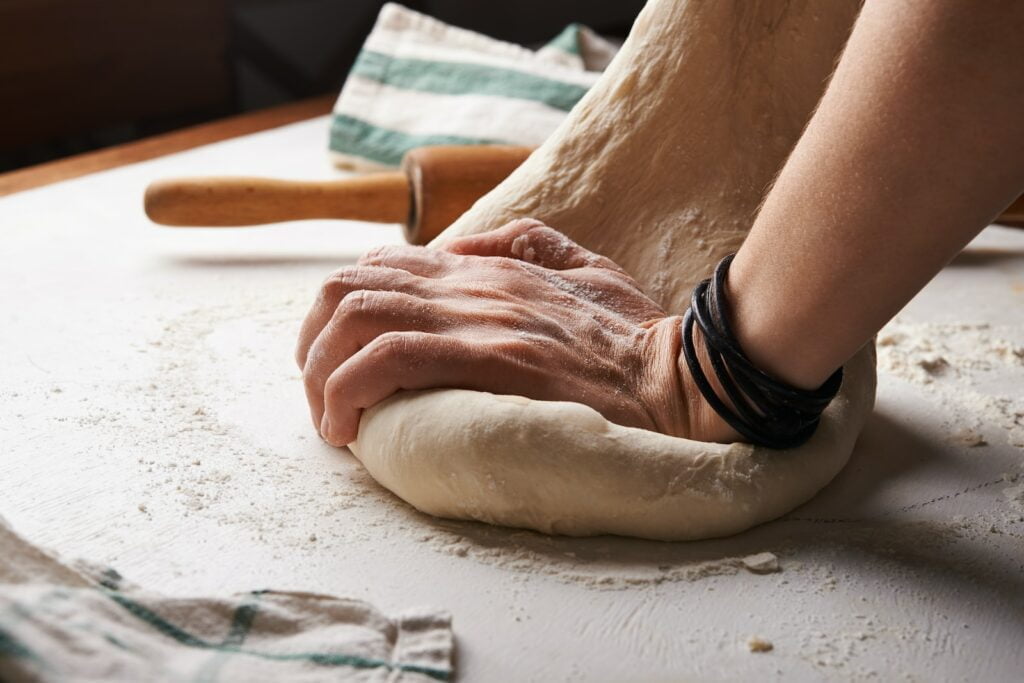
10 surprising foods to avoid blood sugar swings
Blood sugar swings can be both uncomfortable and dangerous, particularly for individuals with diabetes or other blood sugar-related conditions. One of the keys to maintaining steady blood sugar levels is to pay attention to what you eat. While it’s obvious that you should avoid sugary foods and beverages, there are other less obvious culprits that can contribute to blood sugar swings. Here are 10 surprising foods to avoid for better blood sugar control:
White Rice is a high glycaemic index (GI) food that can cause rapid blood sugar spikes. Opt for brown rice or other whole grains like quinoa or barley, which have more fiber and nutrients and a lower GI.
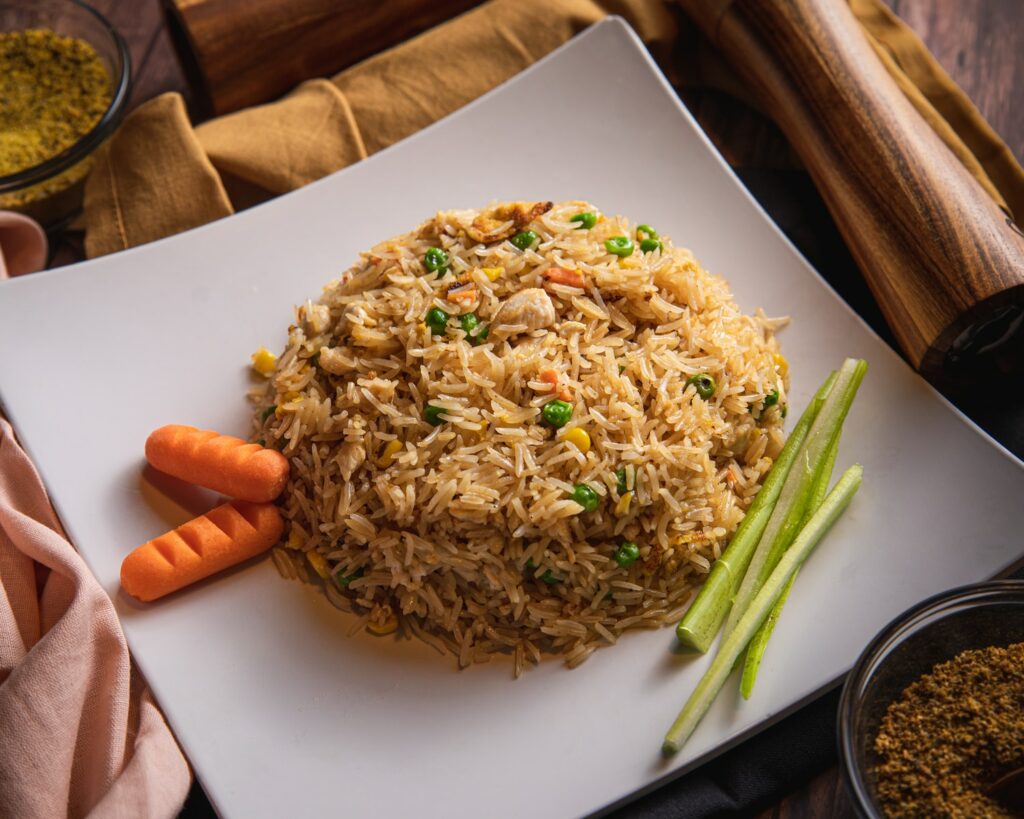
Flavoured Yogurt often contain added sugars, which can contribute to blood sugar swings. Choose plain, unsweetened yogurt and add your own fresh fruit or nuts for natural sweetness and flavour.
Refined Cereals Many breakfast cereals are made from refined grains and have added sugars. Look for whole grain cereals without added sugars and high in fiber to help maintain steadier blood sugar levels.
Fruit Juice even 100% natural, can cause rapid blood sugar spikes due to its high sugar content and lack of fibber. Opt for whole fruits instead, which provide fibber and other essential nutrients.
Dried Fruit While dried fruit may seem like a healthy snack, it can actually cause blood sugar swings due to its concentrated sugar content. Stick to fresh fruit when possible, or choose dried fruit with no added sugars in moderation.
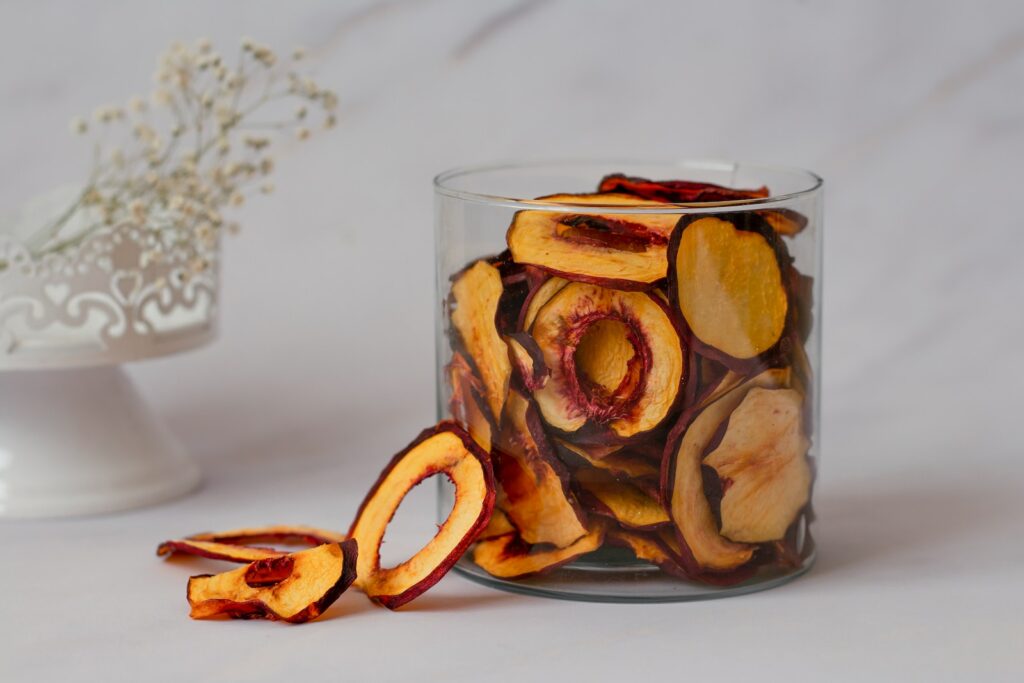
Instant Oatmeal often contains added sugars and has a higher GI than steel-cut or rolled oats. Choose less processed oat varieties and sweeten them with fresh fruit or a small amount of honey if needed.
Pre-packaged Salad Dressings Many are high in added sugars and unhealthy fats. Make your own dressing using healthy oils, vinegar, and herbs, or opt for sugar-free store-bought options.
Canned Soup can contain added sugars and high levels of sodium, which can affect blood sugar levels. Make your own soup from scratch or choose low-sodium, sugar-free canned options.
White Bread and Pasta are made from refined grains, which can cause blood sugar swings. Opt for whole grain bread and pasta, which contain more fiber and nutrients, helping to stabilize blood sugar levels.
Sports Drinks While sports drinks may be marketed as a healthy way to rehydrate, they often contain high amounts of added sugars. Stick to water or electrolyte-enhanced water for hydration without the added sugars.
Maintaining steady blood sugar levels is crucial for overall health, especially for those with diabetes or blood sugar-related conditions. Be mindful of the foods you consume and opt for whole, unprocessed options when possible. By avoiding these 10 surprising foods, you can take a big step towards preventing blood sugar swings and improving your overall health.






